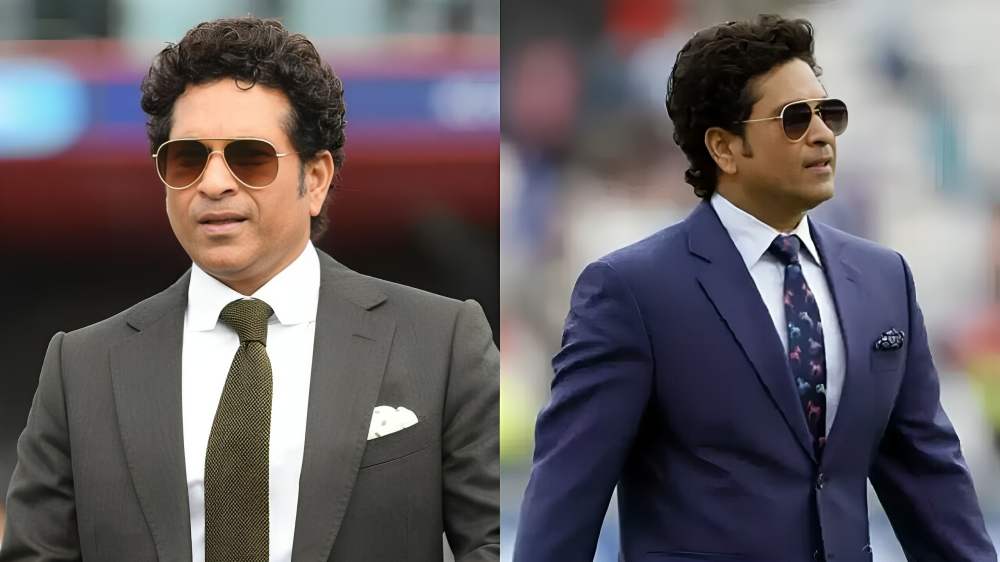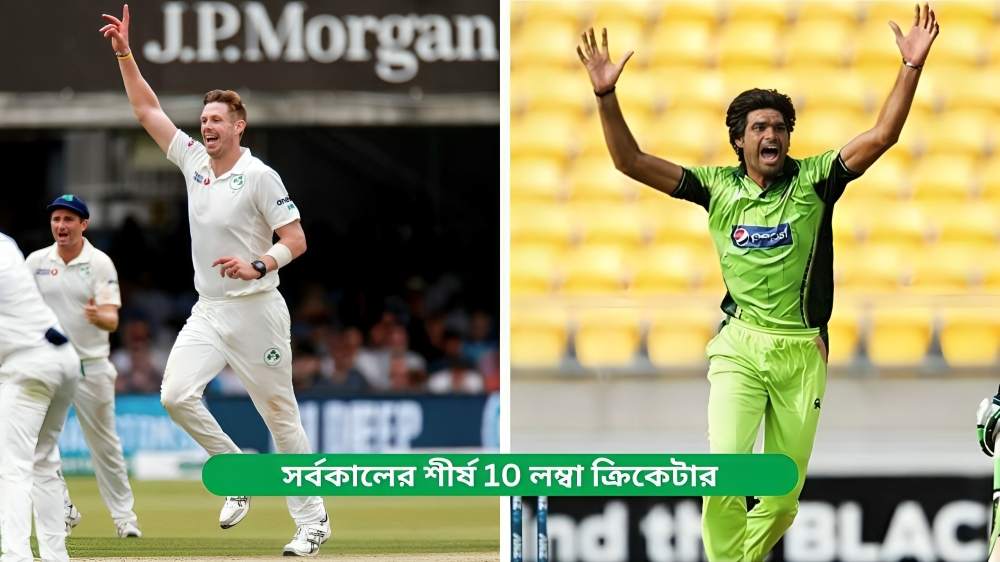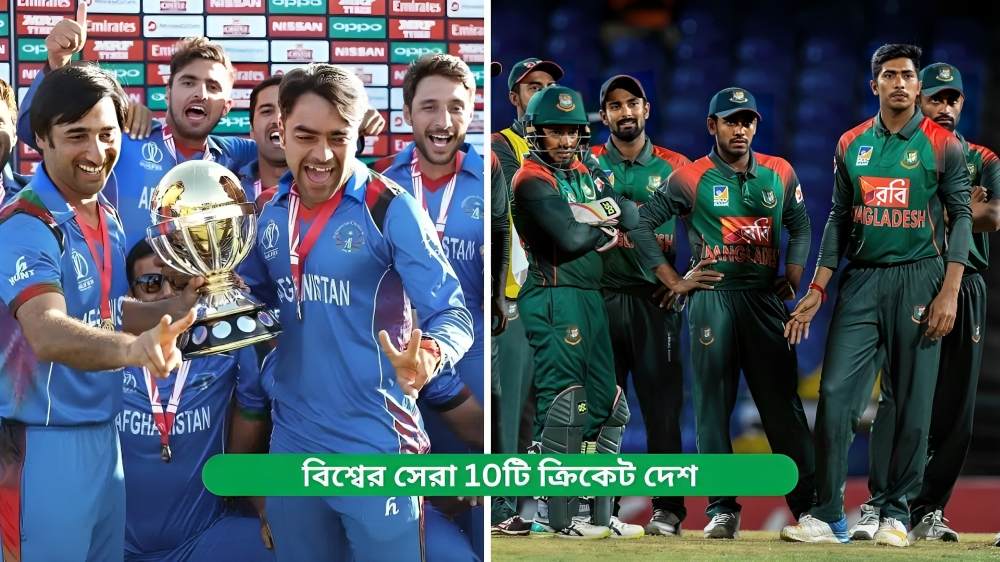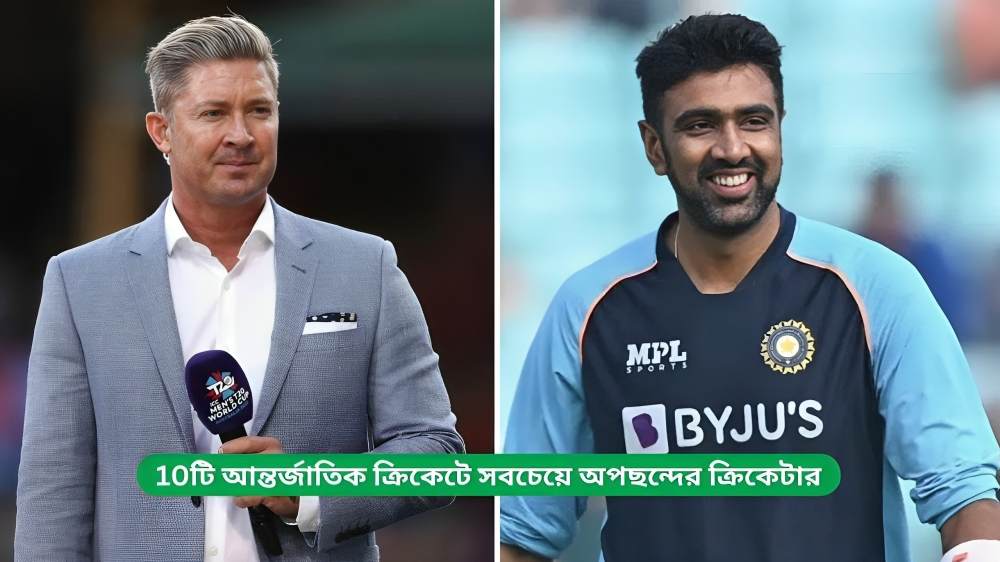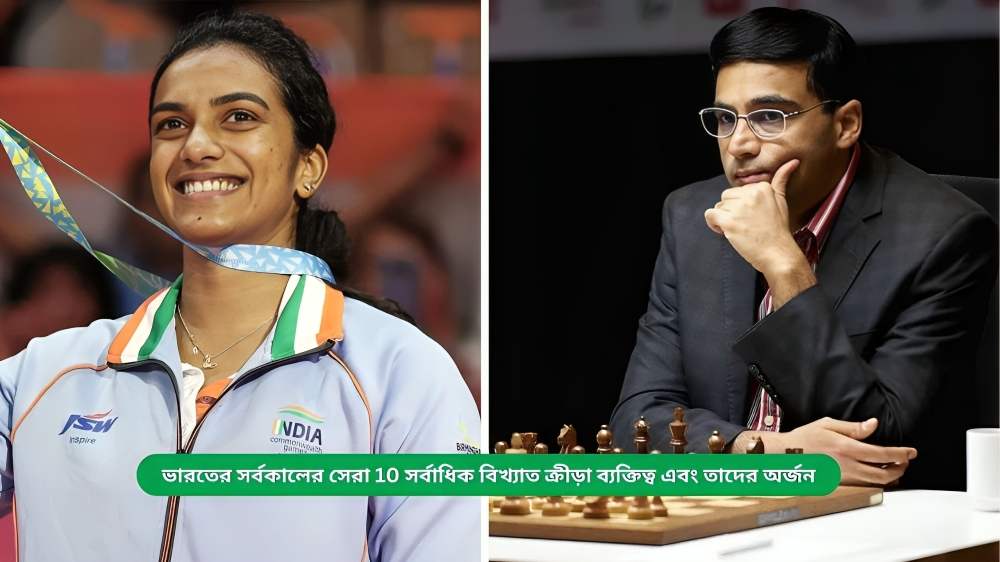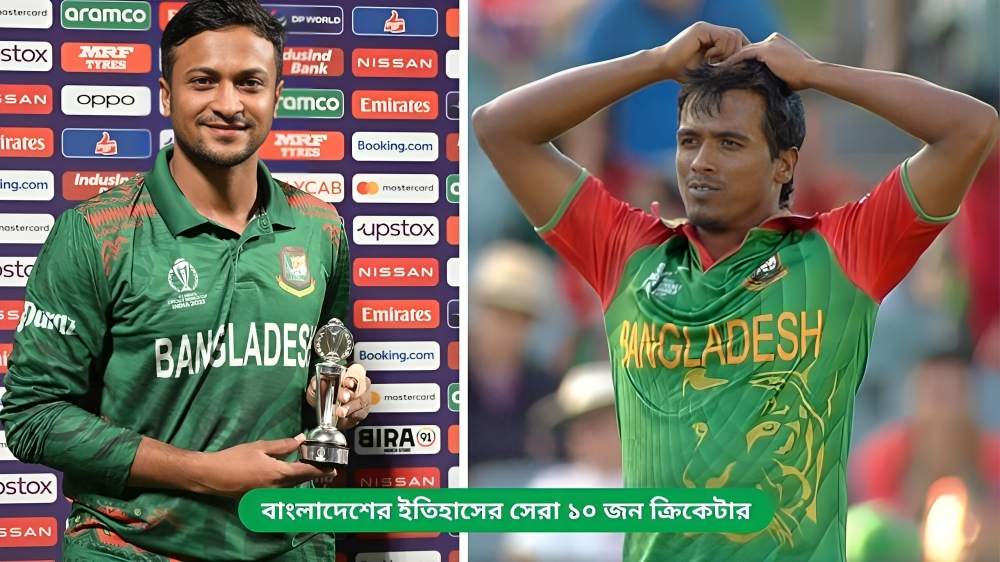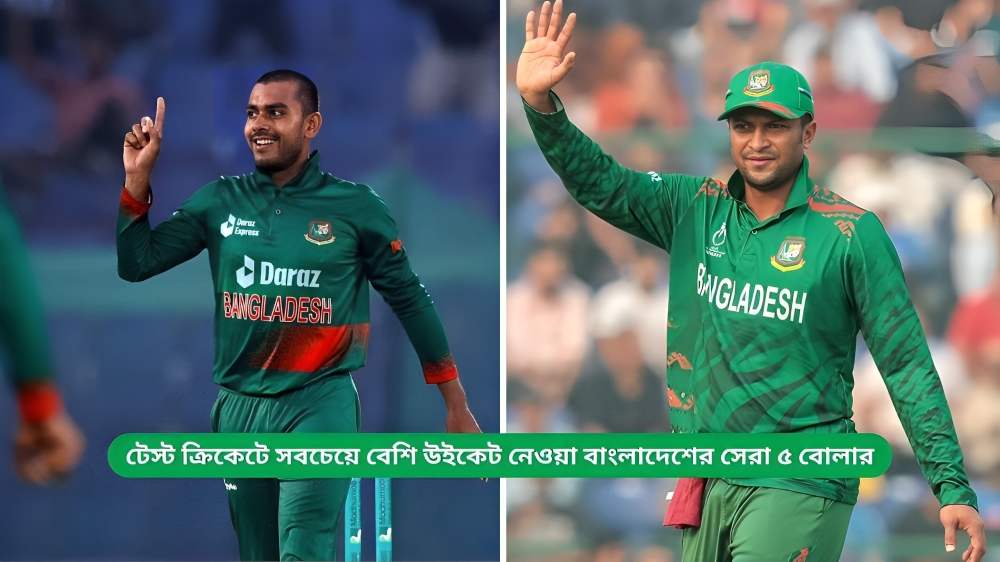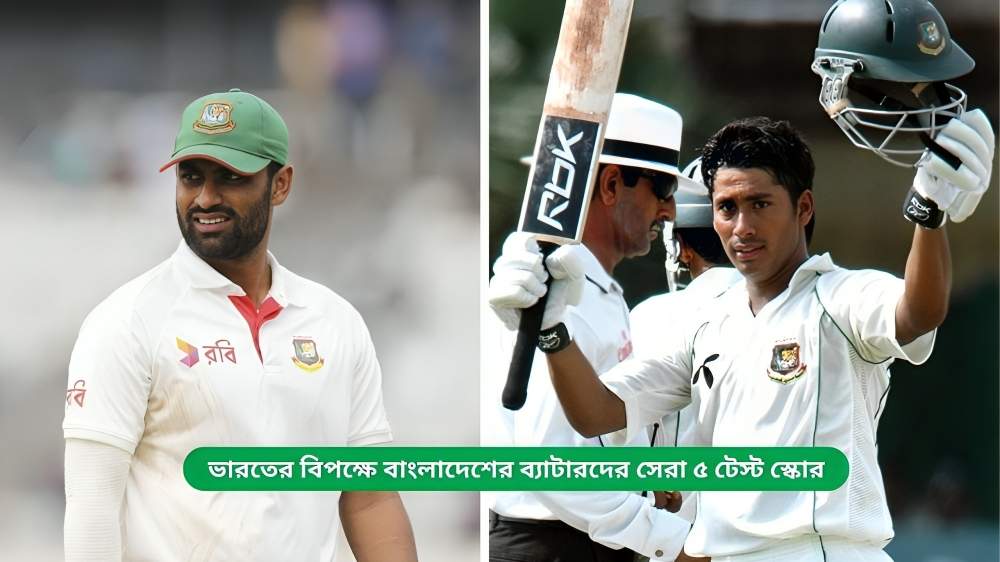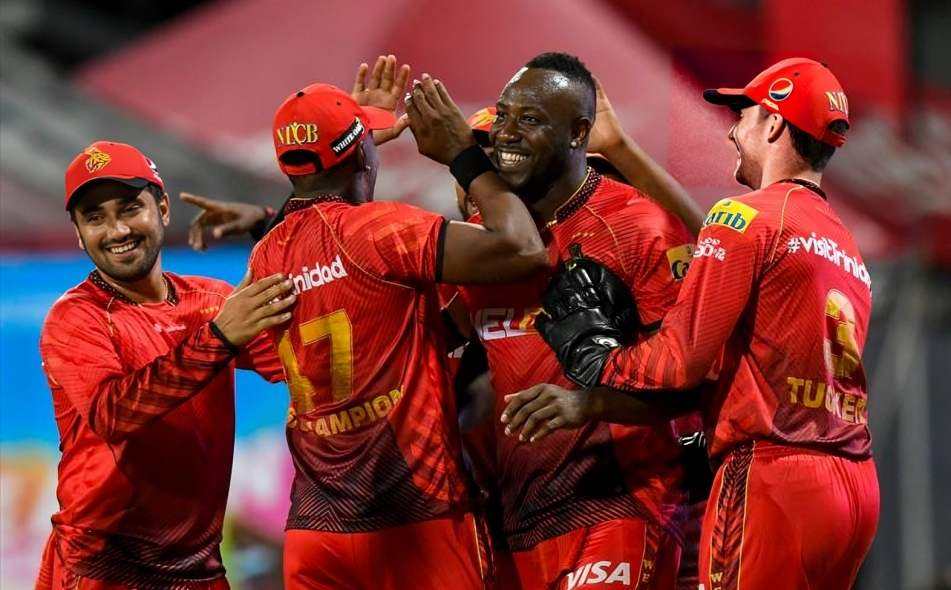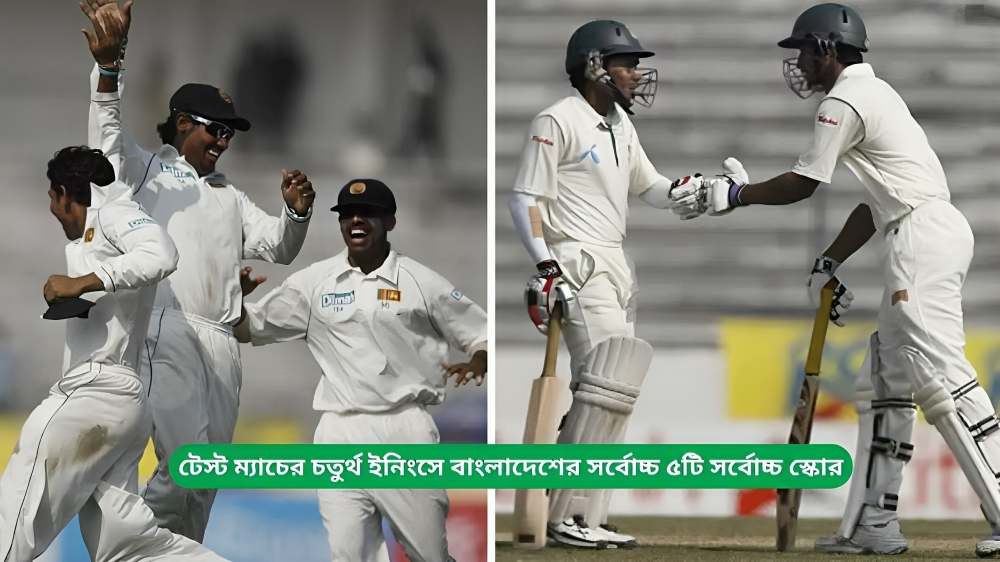The Greatest Game Changers in ODI Cricket: All-Time Best XI features players whose remarkable skills redefined the sport. From explosive openers and strategic finishers to revolutionary bowlers, each player left an indelible mark. Their innovations, powerful play styles, and records set new standards, shaping modern ODI cricket into the thrilling game it is today.
11. ODI Cricket Lasith Malinga (Sri Lanka)
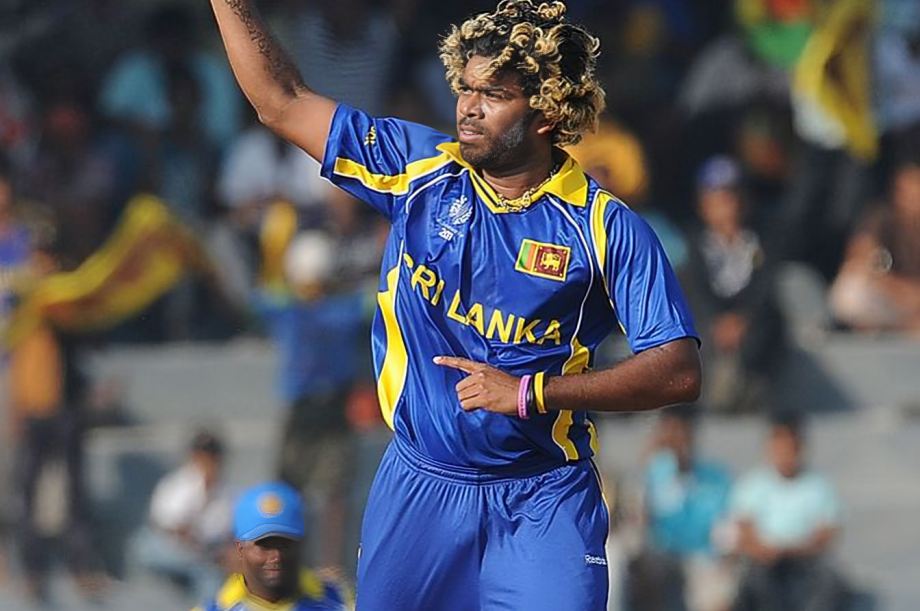
Lasith Malinga, affectionately called ‘Slinga Malinga’, is a legendary Sri Lankan pacer who revolutionized ODI bowling with his unique style and unshakable composure. He holds multiple records, including the distinction of taking 4 wickets in 4 balls in ODIs and three hat-tricks in the format. Known for his deadly yorkers and adaptability, Malinga could switch between extreme pace and deceptive slow balls. Despite his fierce wicket-taking ability, he maintained a calm and humble demeanor on the field, rarely indulging in sledging. His contributions to cricket are unmatched, cementing his place as one of the all-time game changers.
10. ODI Cricket Shoaib Akhtar (Pakistan)
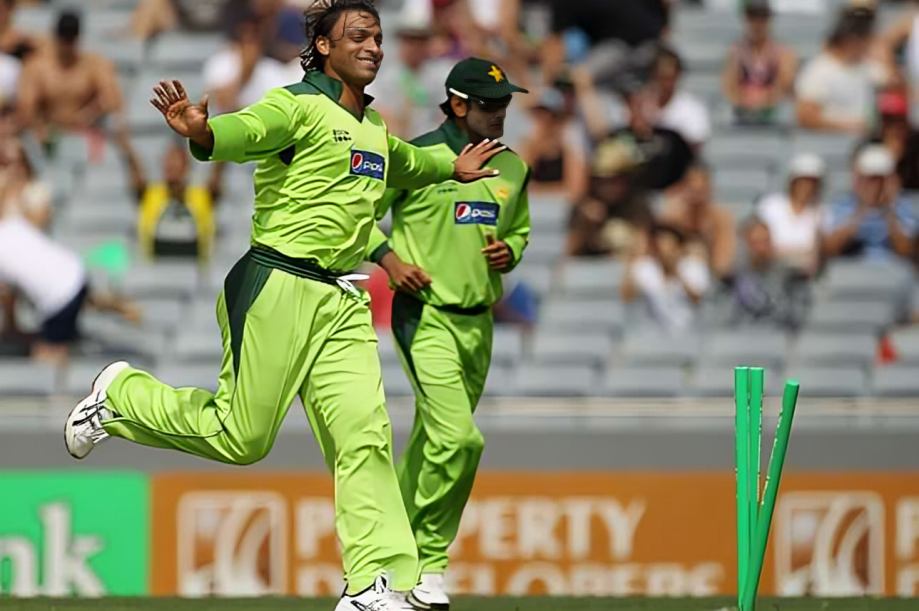
Shoaib Akhtar, famously known as the ‘Rawalpindi Express,’ electrified cricket with his blistering pace, consistently delivering 100 mph yorkers aimed at batters’ toes. Renowned for his ability to instill fear, Akhtar was a reliable wicket-taking weapon for his captains. His career high point came during the 1999 World Cup, where he rattled New Zealand in the semi-finals, claiming three vital wickets with sheer speed. Akhtar’s thrilling pace battles with contemporaries like Brett Lee and Shane Bond made him a fan favorite, as viewers eagerly anticipated his fierce deliveries, whether they shattered stumps or tested the resilience of batters.
9. ODI Cricket Wasim Akram (Pakistan)
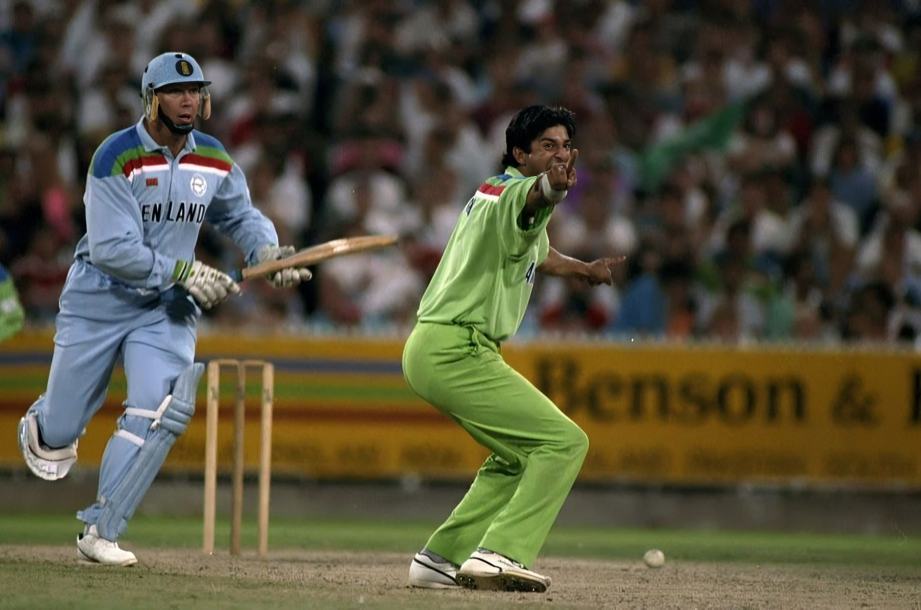
Widely regarded as the most complete ODI bowler, Wasim Akram transformed fast bowling in the death overs. Known for his versatility, he could swing the new ball, deliver sharp bouncers, and unleash deadly yorkers. Akram was especially formidable in the final stages of an innings, baffling batters with his masterful reverse swing. As the first bowler to reach 500 wickets in ODIs and achieve two hat-tricks, the former Pakistan captain carved out an unmatched legacy. Akram remains a true legend, not only in One Day Internationals but in the broader history of cricket.
8. ODI Cricket Shane Warne (Australia)
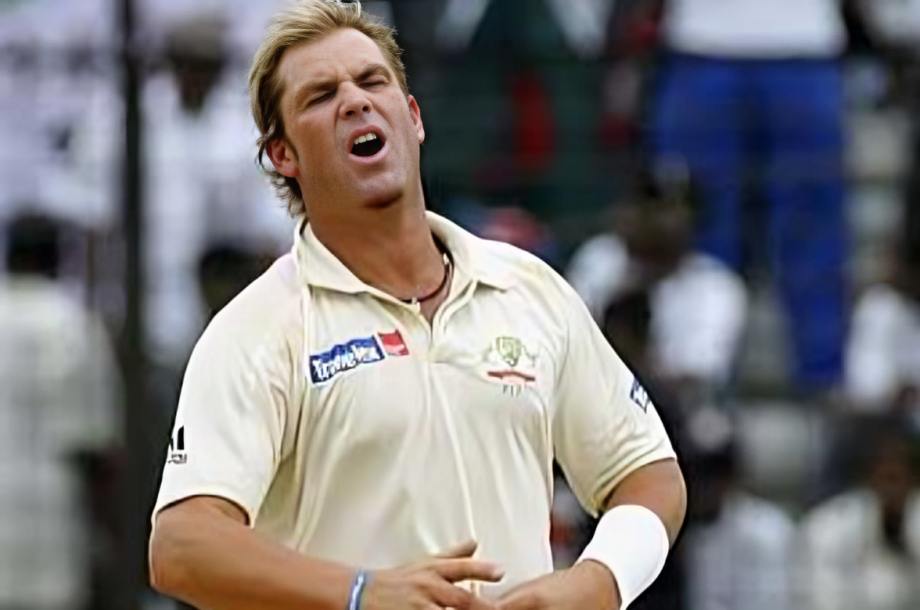
Shane Warne revitalized leg spin in ODI cricket, proving it a reliable wicket-taking option despite teams traditionally favoring safer bowling styles. With unmatched control and style, Warne’s brilliance made leg spin popular again. His finest moments came in the 1999 ODI World Cup semi-final and final, where his four-wicket hauls earned him Man of the Match awards and cemented his legacy.
7. ODI Cricket MS Dhoni (India)
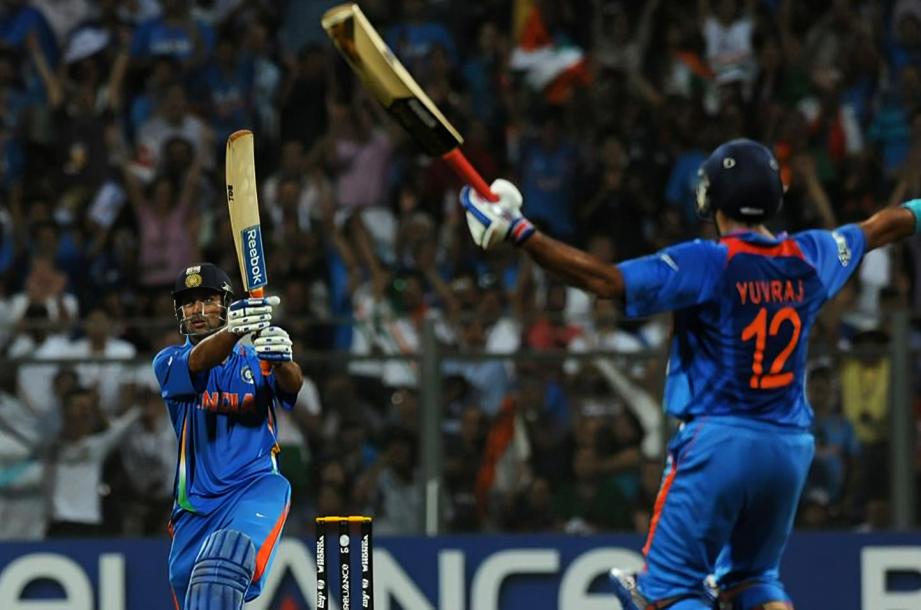
MS Dhoni, known for his innovative captaincy and unmatched finishing ability, is celebrated as one of modern cricket’s finest. His composure in high-pressure moments led India to thrilling last-over finishes, often sealed with a six. While his captaincy style sometimes raised eyebrows, it famously secured India the 2011 ODI World Cup and set Dhoni apart as a true game-changer.
6. ODI Cricket Ricky Ponting (Australia)
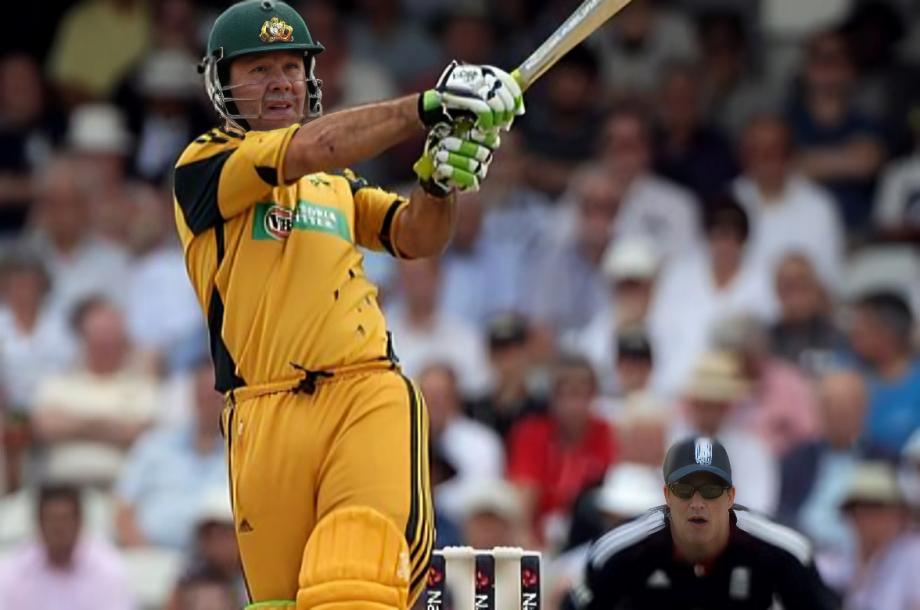
Ricky Ponting, the legendary former Australian captain, led the “Men in Yellow” with an extraordinary winning record, claiming two World Cup titles. Known for his aggressive approach and tactical mind games, Ponting molded his team into an invincible force. His leadership saw Australia achieve a record-breaking 21 consecutive ODI wins and an unbeaten World Cup streak that remains unmatched.
5. ODI Cricket Virat Kohli (India)
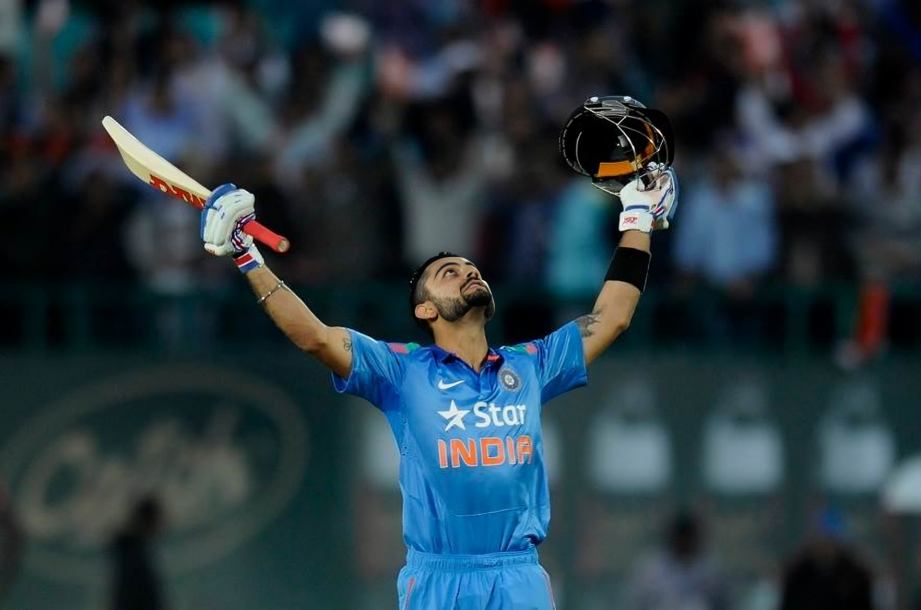
Virat Kohli, a modern-day great among cricket’s “Fabulous Four,” has elevated chasing totals to an art form with his skill and consistency across all conditions. Since his 2008 debut, Kohli’s aggressive style, unmatched determination, and leadership have transformed him into one of the game’s greatest batters. With 13,906 ODI runs at an average of 58.18, Kohli’s legacy as a cricket legend is firmly established.
4. ODI Cricket Sir Viv Richards (West Indies)
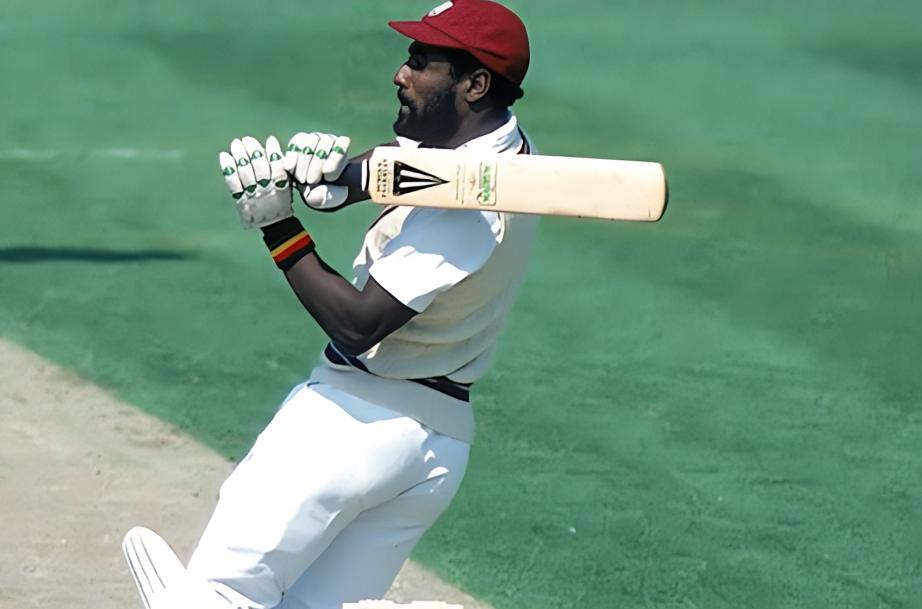
Sir Isaac Vivian Alexander Richards, the pioneer of aggressive batting in ODIs, was ahead of his time in revolutionizing the format. Fearlessly attacking bowlers like Lillee, Thompson, and Kapil Dev, Richards played without a helmet, redefining batting styles. His iconic 189* against England in 1984 remained a record until 1997. As a brilliant fielder and captain, Richards will forever be remembered as the original destroyer of bowling attacks.
3. ODI Cricket Adam Gilchrist (Australia)
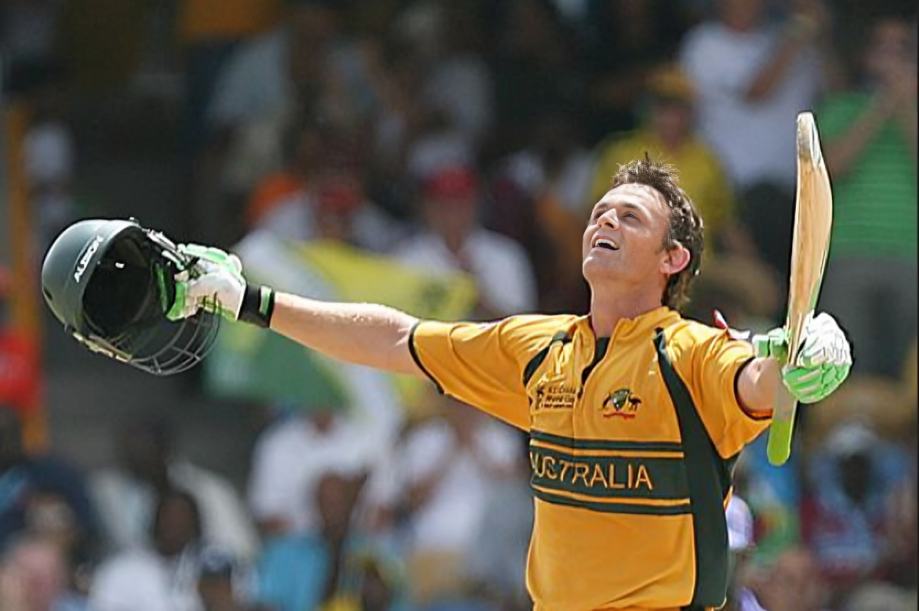
Adam Gilchrist transformed the role of the wicketkeeper in cricket. Once seen as a lower-order support player, he redefined the position with his aggressive batting and ability to attack bowlers from the start. His dynamic performances at the crease, often scoring at over a run a ball, made him a game-changer. Beyond his destructive batting, Gilchrist’s leadership behind the stumps, keeping the team’s morale high, further solidified his legacy as one of the greatest wicketkeeper-batsmen in history.
2. ODI Cricket Sanath Jayasuriya (Sri Lanka)
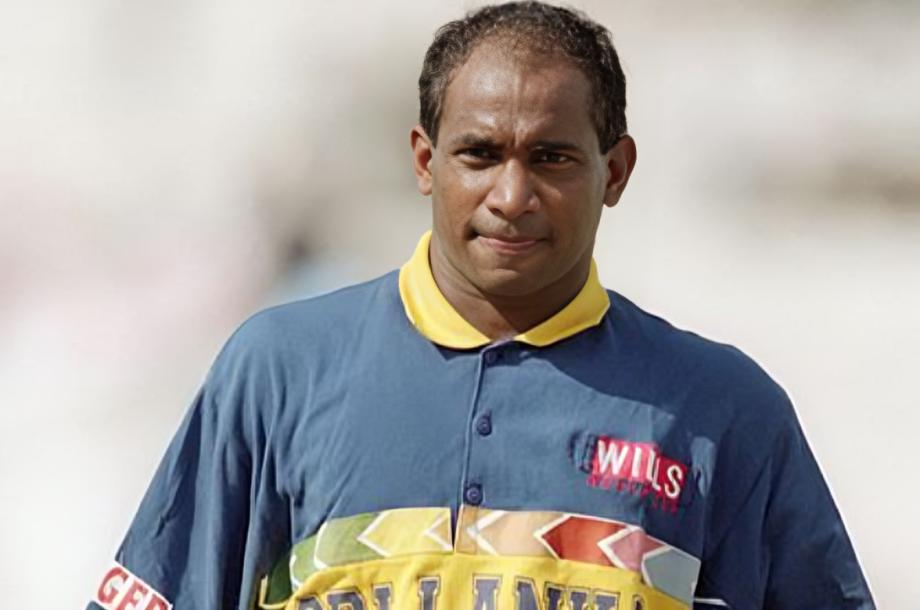
Sanath Jayasuriya revolutionized opening batting in ODIs, setting a new tempo for aggressive play. With his explosive hitting, particularly over point and square, he exploited the first 15-over powerplay, altering the approach to batting in limited-overs cricket. Inspired by Mark Greatbatch’s 1992 World Cup approach, Jayasuriya made 300 runs seem achievable and dominated the 1996 World Cup. His groundbreaking style of play ensured his place as one of the greatest and most influential batsmen in cricket history.
1. ODI Cricket Sachin Tendulkar (India)
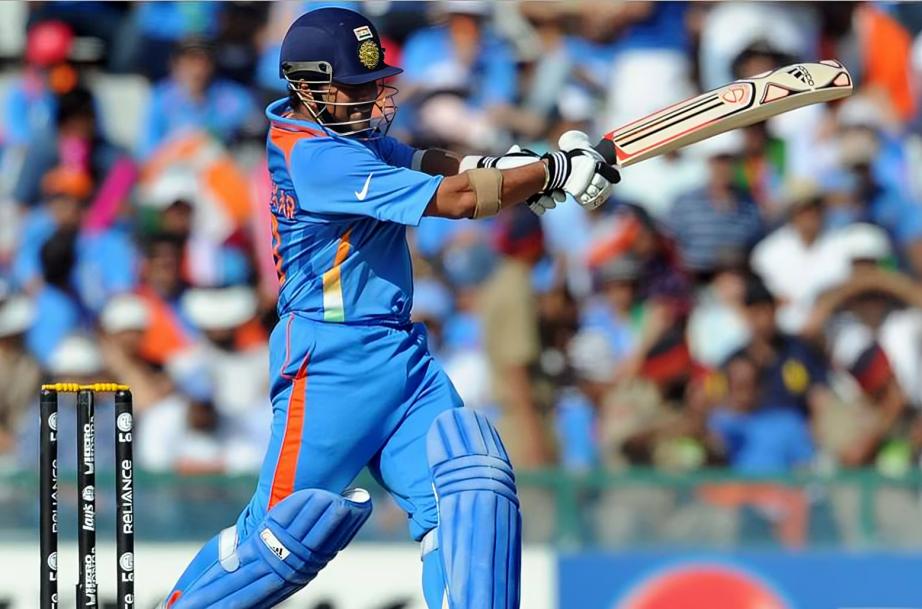
Sachin Tendulkar, known as the ‘God of Cricket,’ revolutionized ODI batting with his versatility and adaptability. He combined aggressive boundary-hitting with the ability to rotate strike, while introducing innovative shots like the ‘uppercut’ and paddle sweep. His milestone of 200 runs in an ODI set new standards. Over 463 matches, Tendulkar scored 18,426 runs, including 49 centuries and 96 half-centuries, maintaining an average of 44.83, cementing his legacy as one of cricket’s greatest players.

